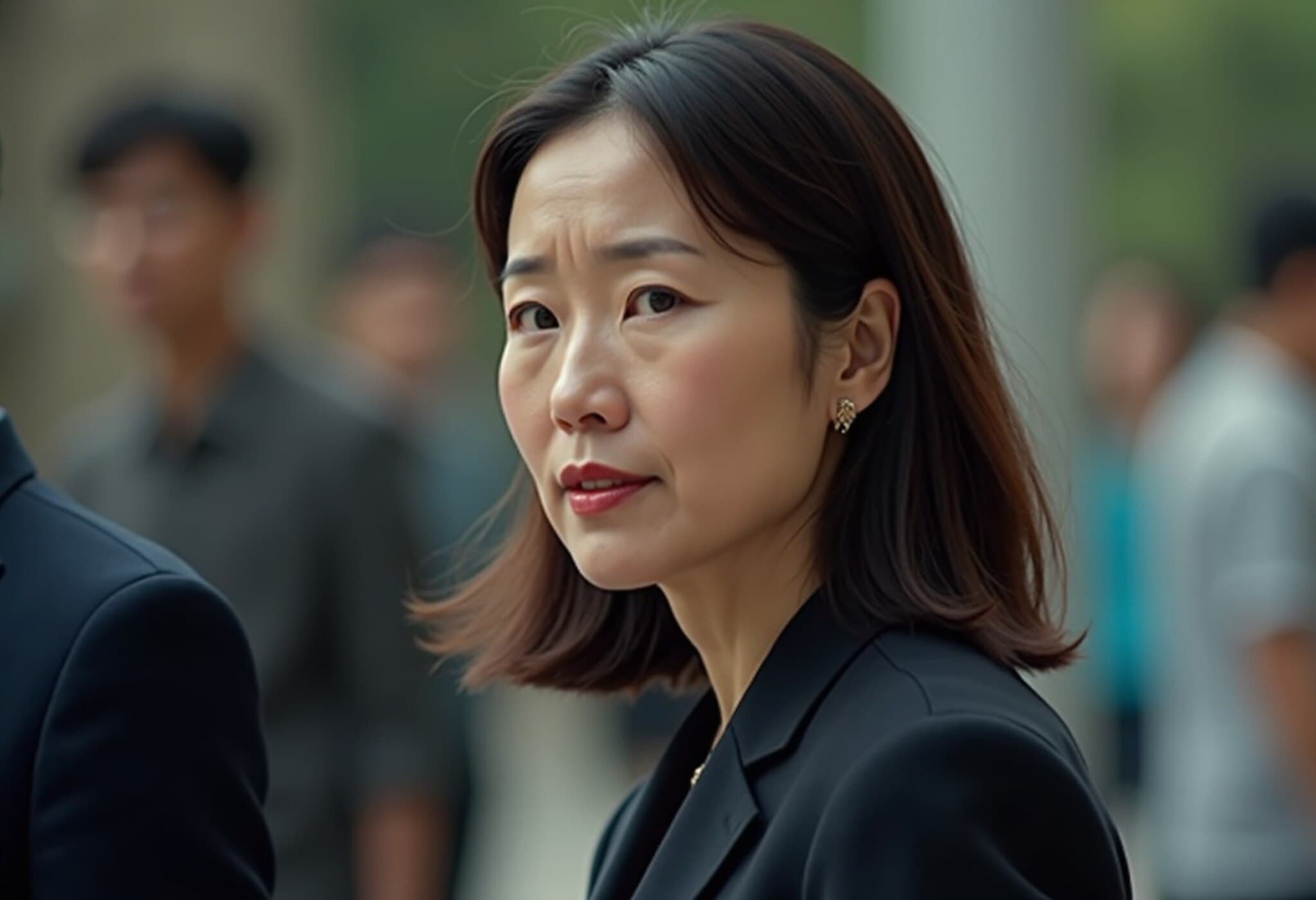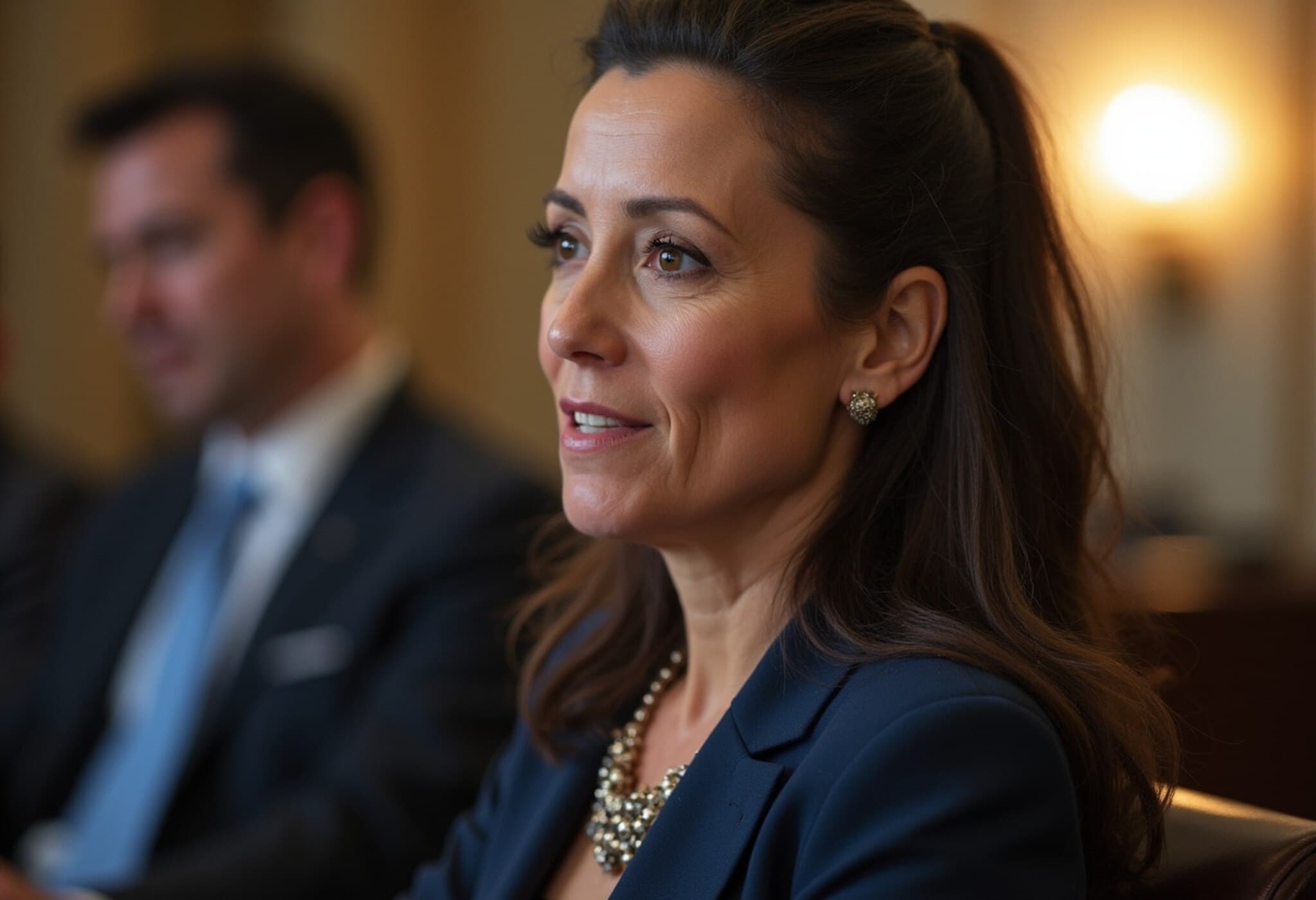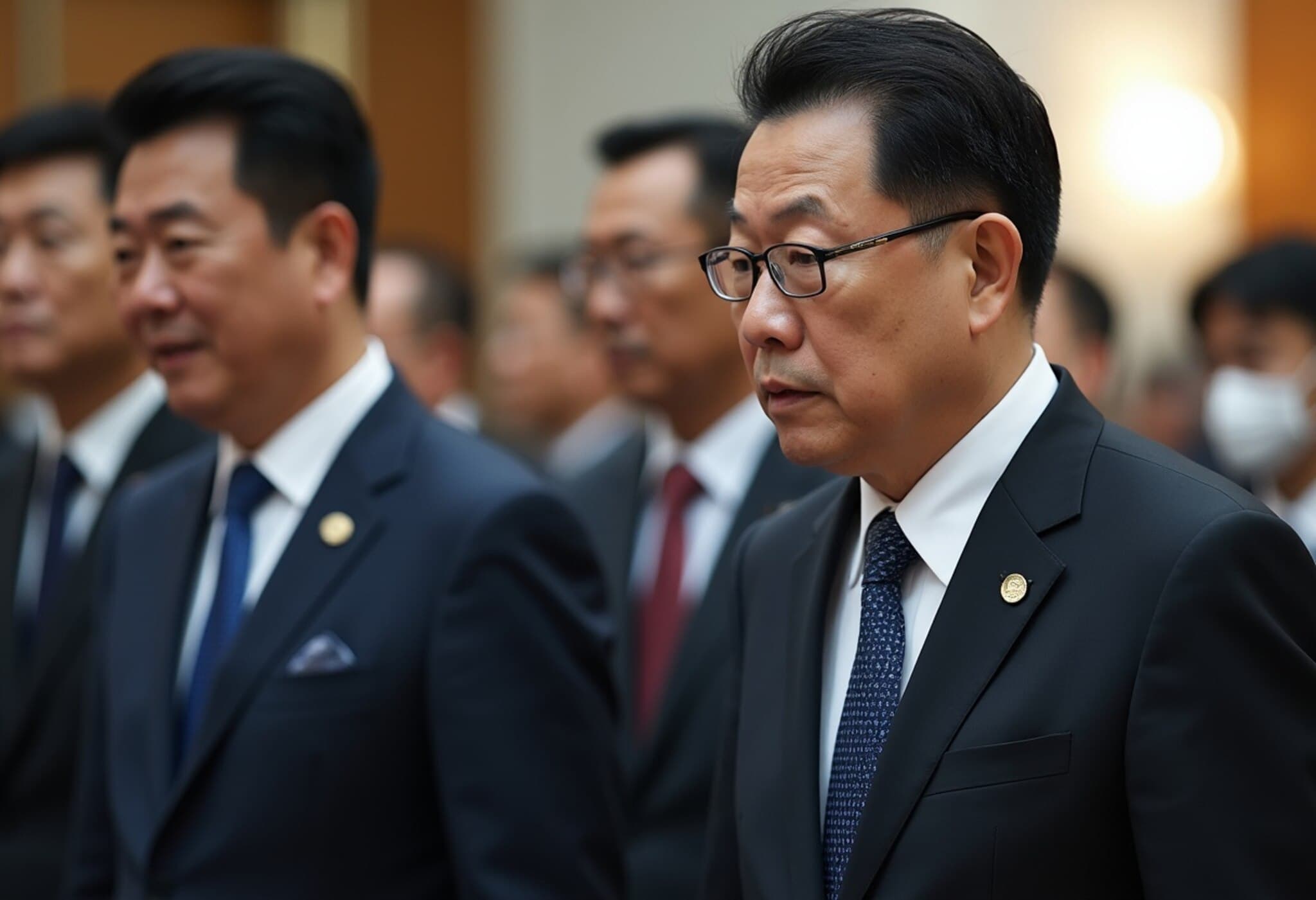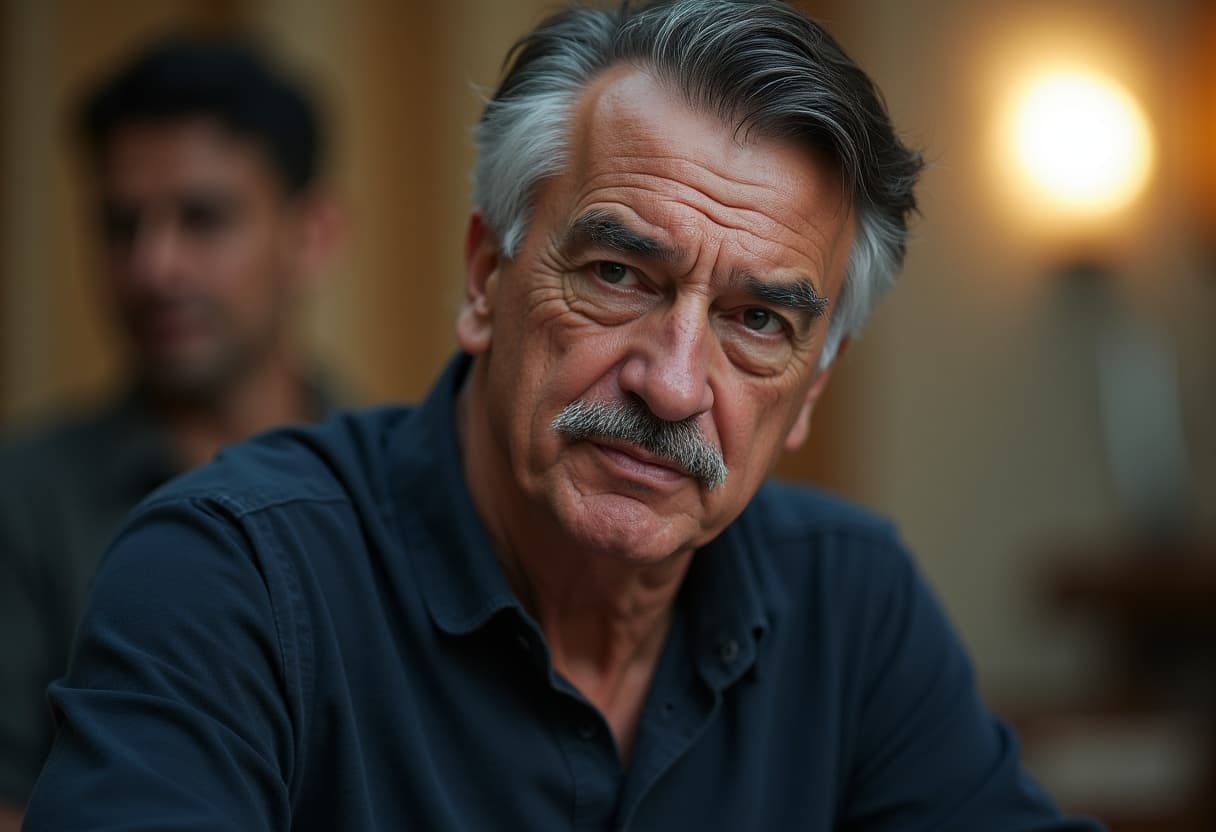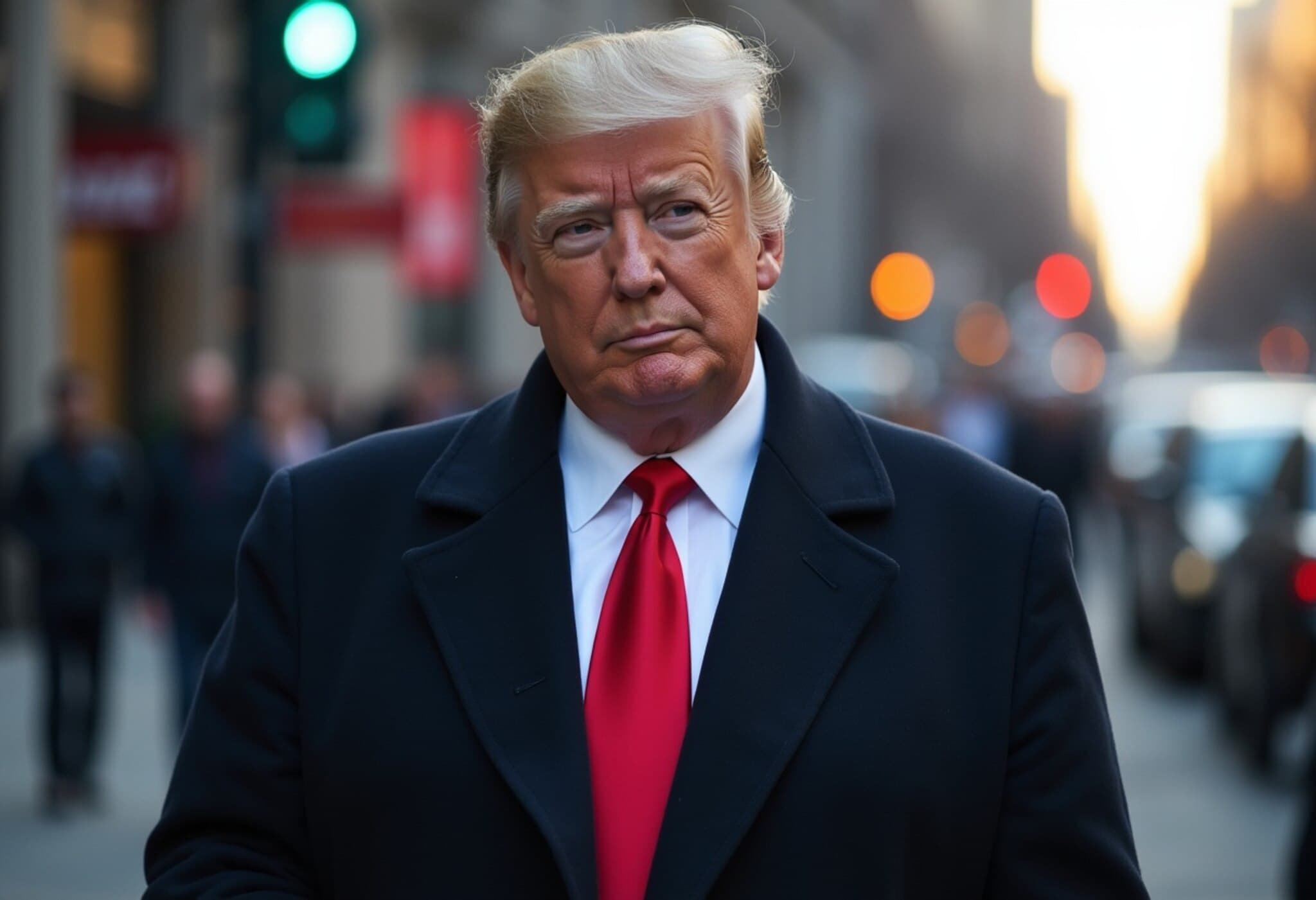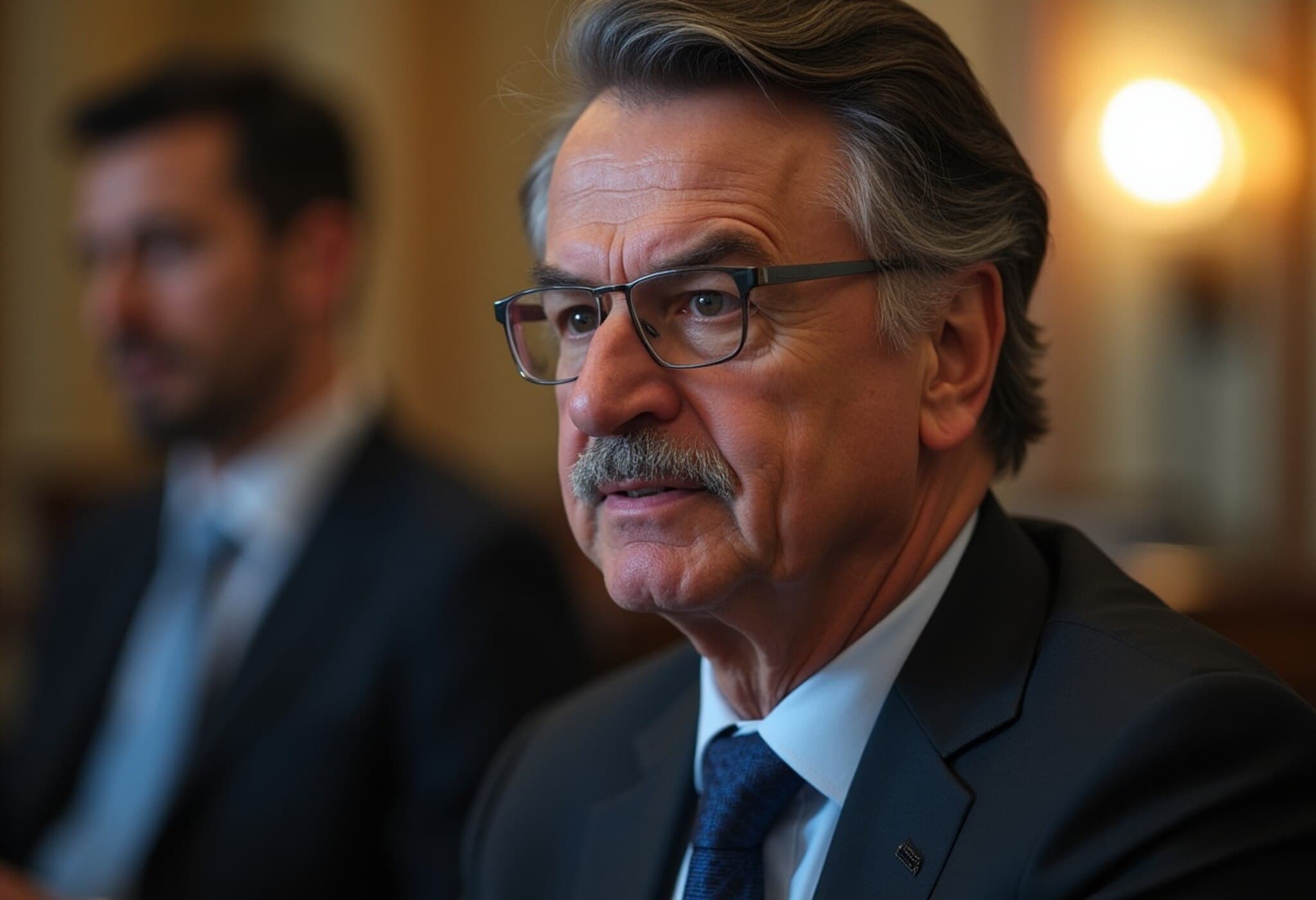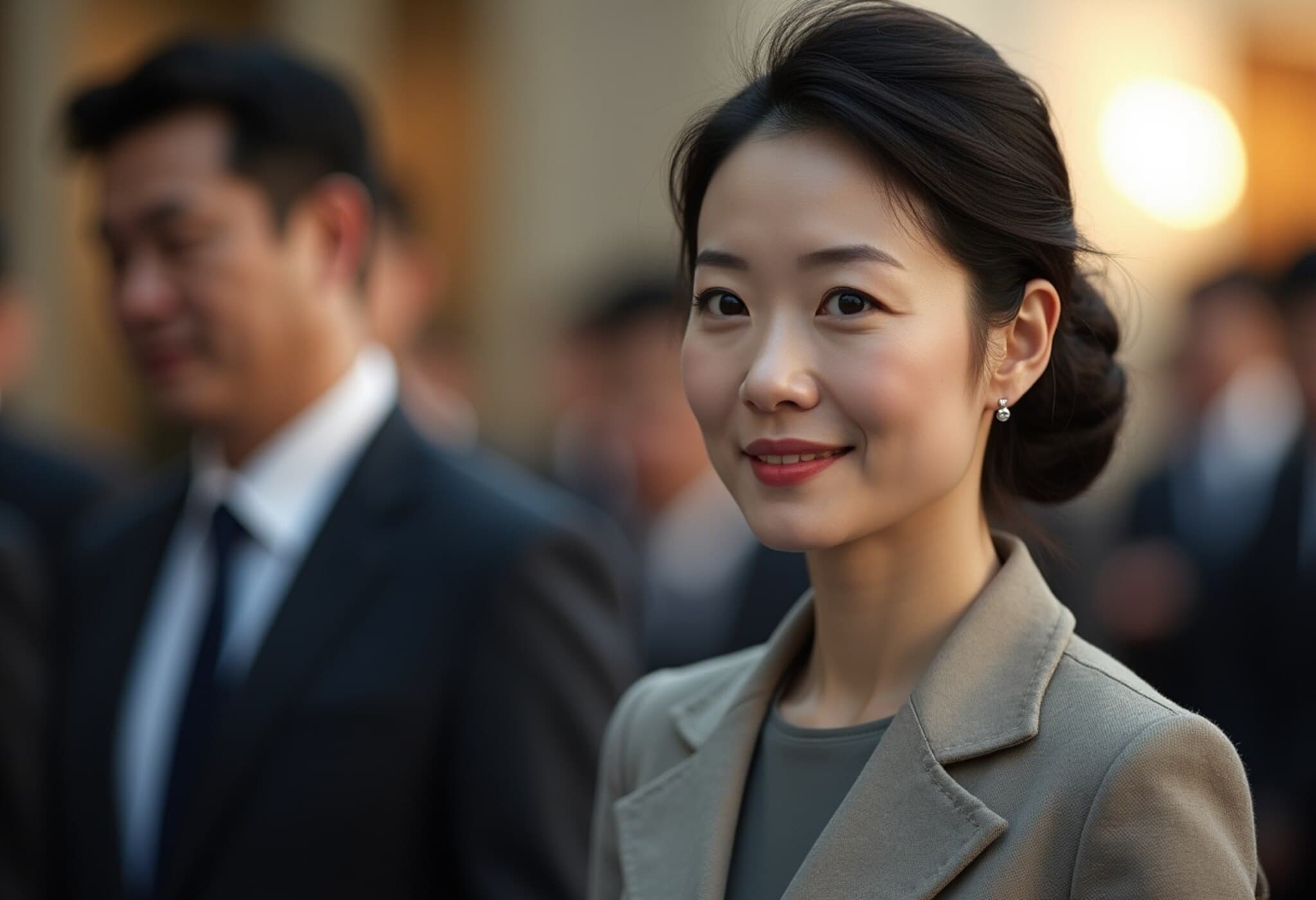South Korea's Former First Lady Arrested in Unprecedented Corruption Probe
In a dramatic turn of events in South Korea’s political landscape, Kim Keon Hee, the country's former first lady, was arrested late Tuesday following a court-issued warrant linked to allegations of graft. This marks the first time a former first lady in South Korea’s history has been detained, underscoring the sweeping nature of a special prosecutor’s investigation into high-level corruption.
Details of the Investigation and Charges
The special prosecutor appointed in June to lead this expansive inquiry unveiled that Kim faces multiple serious charges ranging from stock fraud and bribery to illegal influence peddling. These accusations not only implicate her but also connect a wide network that includes business magnates, influential religious figures, and political brokers. The probe epitomizes ongoing efforts to crack down on corruption within the upper echelons of South Korean society.
Among the specific allegations, prosecutors highlighted a curious incident from the 2022 NATO summit where Kim wore a luxury Van Cleef pendant worth over 60 million won (approximately $43,000). Notably, this item was absent from the couple’s legally mandated financial disclosures. Additionally, Kim is accused of accepting lavish gifts such as two Chanel bags valued at 20 million won and a diamond necklace from a religious group, allegedly offered to curry favor for the group’s business interests.
Legal Proceedings and Court Decisions
Kim’s arrest followed a court ruling that determined there was substantial risk she might destroy evidence or obstruct the ongoing investigation. This concern was pivotal in justifying her detention. Upon arriving at the Seoul court, Kim, dressed in a somber black suit, bowed silently, opting not to address reporters.
Her legal team has contested these claims, with earlier statements categorically denying the accusations and dismissing the media reports as speculative. Kim herself reportedly told prosecutors the pendant was a fake purchased two decades ago in Hong Kong. However, prosecutors maintain the item is authentic and was gifted by a domestic construction company expressly for her to wear at the summit.
Broader Political Context: The Yoon Suk Yeol Connection
The ramifications of Kim’s arrest ripple deeply into South Korea’s political turmoil. Her husband, former President Yoon Suk Yeol, was ousted in April following an ill-fated attempt to impose martial law in December, an episode that shook the nation’s democratic foundations. Yoon himself remains jailed and faces trial for charges including insurrection, abuse of power, and other serious allegations.
Together, their detentions symbolize an unprecedented chapter in the country's reckoning with corruption and abuse of authority. Yoon has staunchly denied all charges and has refused to participate in trial hearings or cooperate with prosecutors, highlighting the polarized political atmosphere.
Expert Insights: What This Means for South Korea
This case is more than a sensational legal drama; it tests South Korea’s commitment to transparency and justice at the highest levels. Experts note that the targeting of both a former president and first lady sends a strong message that no one is above the law—a crucial stance as South Korea grapples with persistent concerns over elite privilege and opaque political financing.
- Legal analysts emphasize the importance of maintaining an independent judiciary that can operate free from political interference.
- Political commentators observe that this wave of prosecutions may fuel both public demand for reform and political polarization.
- International relations experts warn that scandals involving global events, such as the NATO summit, can influence South Korea's diplomatic reputation.
Furthermore, from an American legal perspective, parallels can be drawn with high-profile cases involving the spouses of political leaders, revealing global challenges in balancing personal privilege with public accountability.
Conclusion: The Road Ahead
As Kim Keon Hee awaits detention in Seoul, and Yoon Suk Yeol’s trial continues, South Korea stands at a crossroads. The unfolding saga offers a sobering reflection on the fragility of democratic norms when leadership veers towards authoritarian tendencies and personal gain. For citizens and observers alike, questions abound: Will this herald a new era of political accountability? Or deepen existing divisions?
Editor’s Note
This unprecedented case shines a spotlight on the urgent need for stronger anti-corruption frameworks in South Korea and beyond. It challenges us to scrutinize not only those in power but also the systems that enable such power to be abused. Readers are encouraged to consider the wider implications of political scandals in democratic societies and the critical role of impartial justice in safeguarding public trust.

